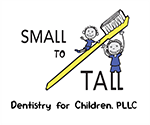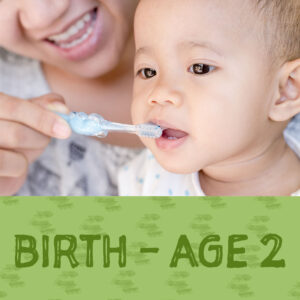Ages 16 – 18
Teenagers and Dental Concerns
Teenagers are experimenting with many things at this time as they try and decide who they are and what they want to be. Teens have many stresses and expectations on them. They often stay up late into the night and skip their night time toothbrushing routines. They also eat more as they go through growth spurts, and burn more calories because of increased sporting activities. Studying, being on social media or video gaming tend to lead to more snacking, and teens often reach for a sweet drink or sugary treat to make them feel better when feeling stressed. Even worse, some teens start to vape or smoke in an effort to feel like they belong to a group or in response to peer pressure. Unfortunately these changing life styles will often show up in the mouth as cavities, gum disease, increased sensitivity of their teeth and jaws, or in changes to the mouth tissues.
For these reasons it is important to try and help your teen to stick to routines such as twice daily brushing and flossing and to make sure they maintain and develop healthy eating habits. Helping your teen have healthy coping strategies for stress will have life-long benefits and help to keep them safe as they enter adulthood. Making sure your teen keeps up on their twice yearly dental check-ups is more important than ever, as many problems that develop in the mouth can be reversed if detected early enough. If your teen can be motivated to take responsibility for their own oral health we will have done them a great service for their future.
Please call us and make an appointment for your teenager today!







